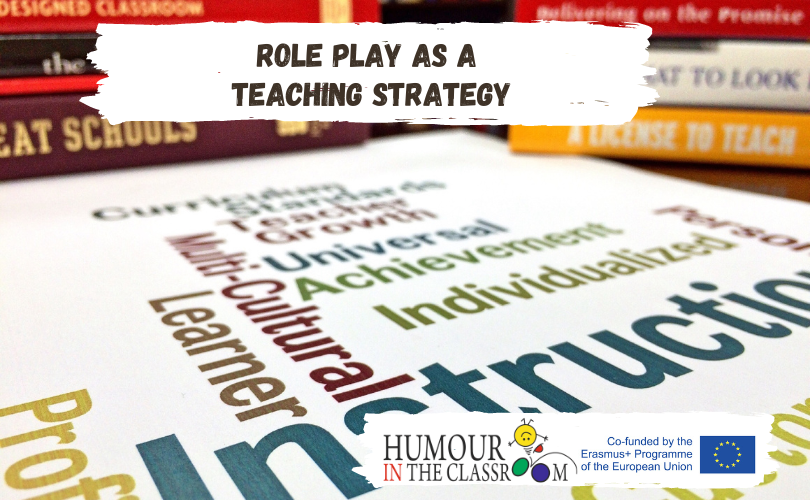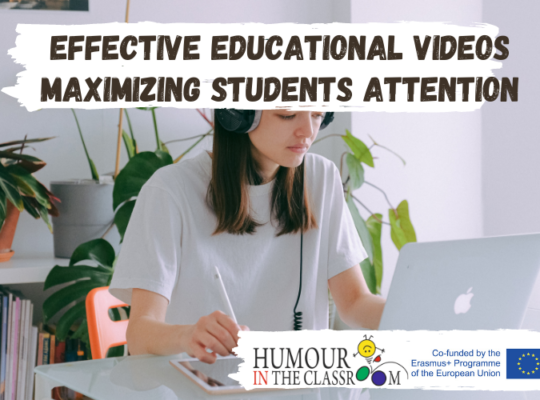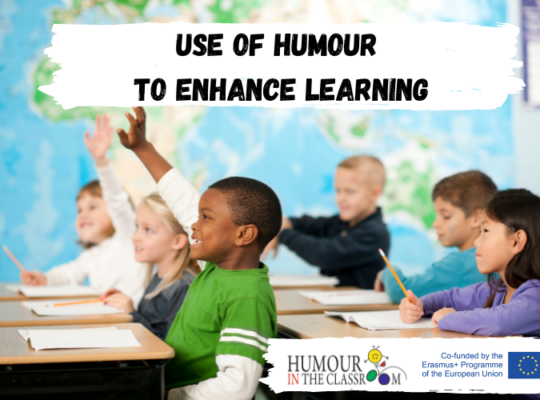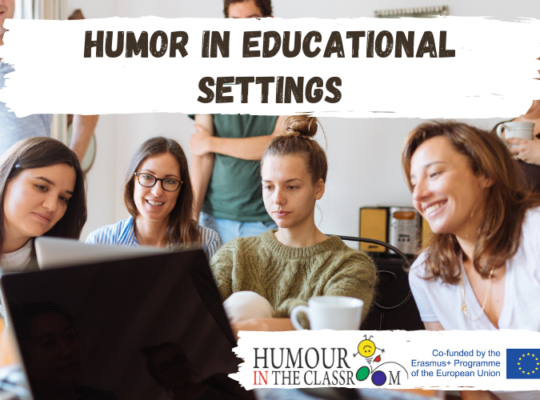Role-play is a pedagogy used in a wide variety of contexts and content areas. The guidelines for the role-play are usually modelled on realistic criteria, so the students can get as close to the real thing as possible. Research on role-play’s effectiveness and best practices exist as far back as the 1970s; recently, however, role-play has been touted as a better-suited tool for the needs of today’s college student than more traditional teaching methods.
Role-play has been shown to be effective in reaching learning outcomes in three major learning domains: affective, cognitive, and behavioural. By making students take on the role of another person, they practice empathy and perspective taking. It can lead to more self-reflection and awareness on the part of the student. When students take the skills, they have learned the theory and put them in practice. It creates a deeper cognitive link to the material, making it easier for students to learn. This pedagogical tool has been used in various fields. Numerous studies have reported that role-play has positive effects for students’ learning; for example, the method provided the opportunity to get a deeper understanding of an issue and stimulated further interest in the subject. Aspegren’s literature review on how medical student best learning communication skills revealed that an experiential training produced much better results than a simple one-way instruction. The use of role-playing has been shown to be better preparation for teachers and construction managers. Not only increasing student engagement, it also increases their knowledge retention. Acting roleplays allow students to practice newly-developed skills by simulating a scenario where that skill may be required. ‘Almost Real Life’ is a role-play which is as close to the real experience as possible. This type of role-playing enables students applying all their skills in a real situation. The use of roleplaying as a learning strategy in higher education has been used in problem-based learning. It is also considered to be a useful strategy in teacher education. The value of role-playing in teacher education lies in a pedagogical-based scenario that results in specific learning designed to create a realistic learning experience for participants. The use of role-playing also facilitates a more comprehensive learning experience for teacher education students compared to more traditional cognitive focus approaches.
In a research (L Hidayati and P Pardjono 2018 IOP Conf. Ser.: Mater. Sci. Eng. 296 012016), the role-playing pedagogy succeeded to improve student learning achievement in the learning models. The students’ response to the implementation of role-playing was that it was easy to understand and to be applied in the learning process. It has flexibility for implemented in the university level, It accelerated the student’s understanding of learning materials, It trained the students’ independence and responsibility as an agent of learning, it trained awareness to others and it trained the students as a prospective teacher.
Source: L Hidayati and P Pardjono 2018 IOP Conf. Ser.: Mater. Sci. Eng. 296 012016






